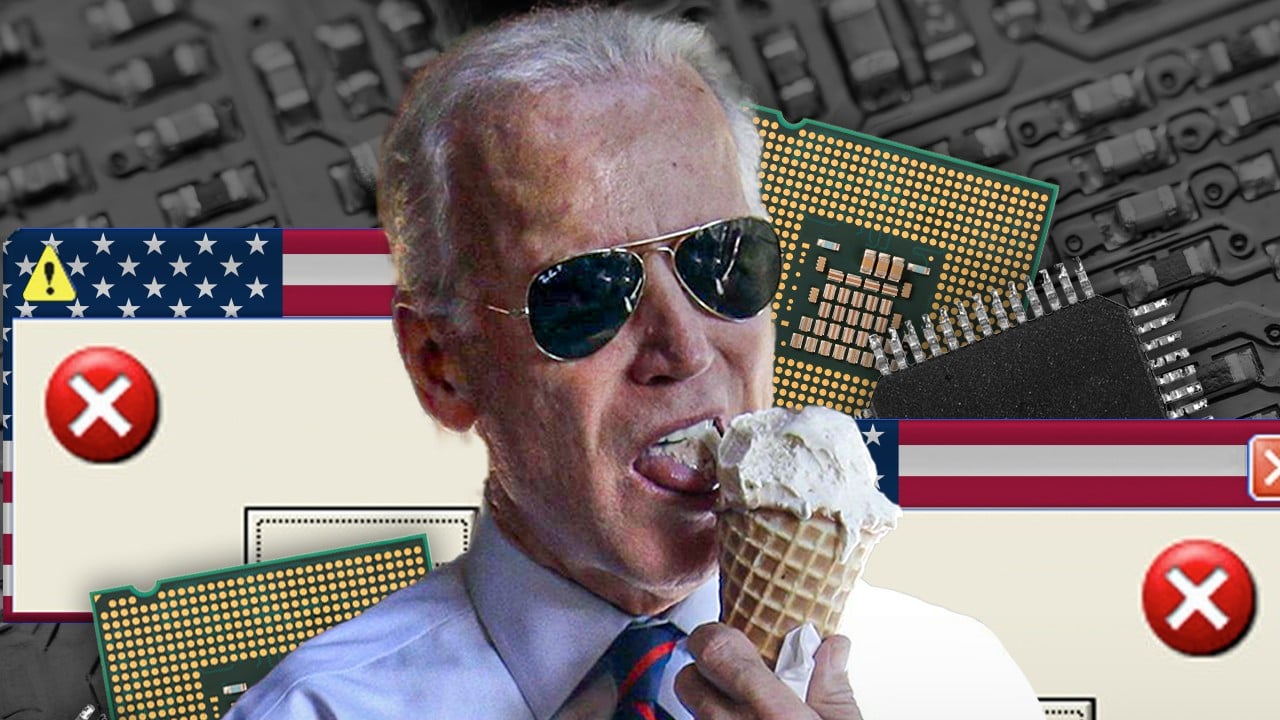
Joe Biden vetoes effort to block EV charging stations’ ‘Buy America’ waiver
- The president says the waiver will fast track production of charging stations with federal grants, and allowances for foreign content will phase out by July 1
- Republican lawmakers sought to reverse the president’s waiver, with critics saying it would result in US taxpayers subsidising Chinese-made products
US President Joe Biden on Wednesday vetoed a congressional joint resolution that would reverse his administration’s decision to waive limits on foreign content in federally funded electric vehicle (EV) charging stations, a fight that centres on efforts to keep Chinese components out of US supply chains.
The resolution, sponsored last year by Senator Marco Rubio, a Republican from Florida, claimed that the waiver amounted to a subsidy to Chinese manufacturers. Six other Republicans, many of them vocal China hawks, co-sponsored it.
The waiver ensured “that federal dollars for EV chargers are used to purchase American-made products, while allowing newly announced manufacturing capacity for EV charger components the necessary time to ramp up production”, the White House said in announcing the veto.
“This resolution would harm my administration’s efforts to encourage investment in critical industries and bring high-quality jobs back to the United States,” it said. “It would not only thwart the collective goal of the Congress and the administration to establish a domestic EV charger manufacturing industry, but … also delay the significant progress being made by my administration and the states in establishing the EV charging network.”
Rubio said in November, after the Senate passed the joint resolution with the House of Representatives, that “significant portions” of the grants and subsidies for EV charging stations available under the infrastructure law would go to Chinese companies.
China beats US 8-1 when it comes to charging electric vehicles
“We’re either serious about restoring America’s industrial capabilities or we’re not. We should be especially serious about it when we’re spending federal funds on it,” Rubio said.
Congress earmarked US$7.5 billion to fund EV charging stations in the law, which also stipulated that EV chargers must obtain at least 55 per cent of the steel and other materials used in them from domestic sources, and be fully manufactured in the US.
The Senate may try to overrule Biden’s veto, but would need a two-thirds majority to do so.


